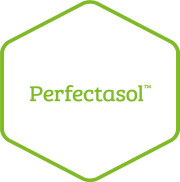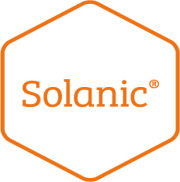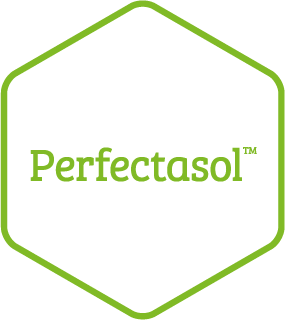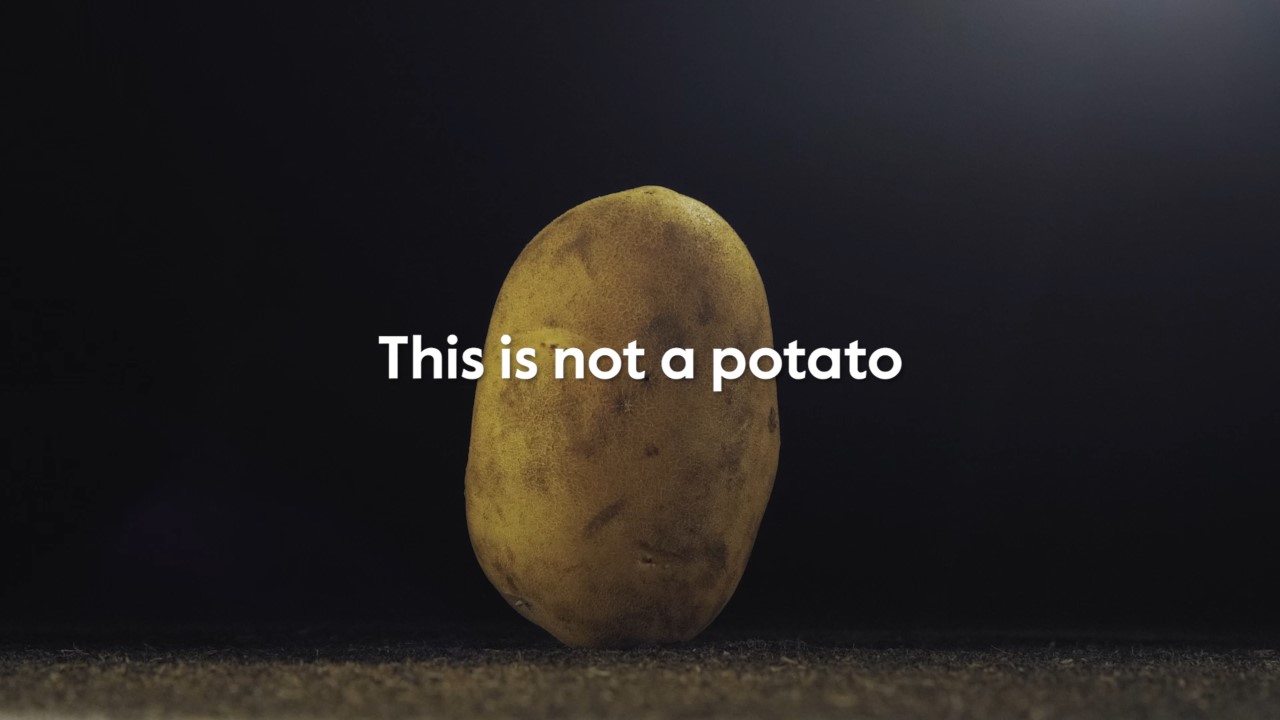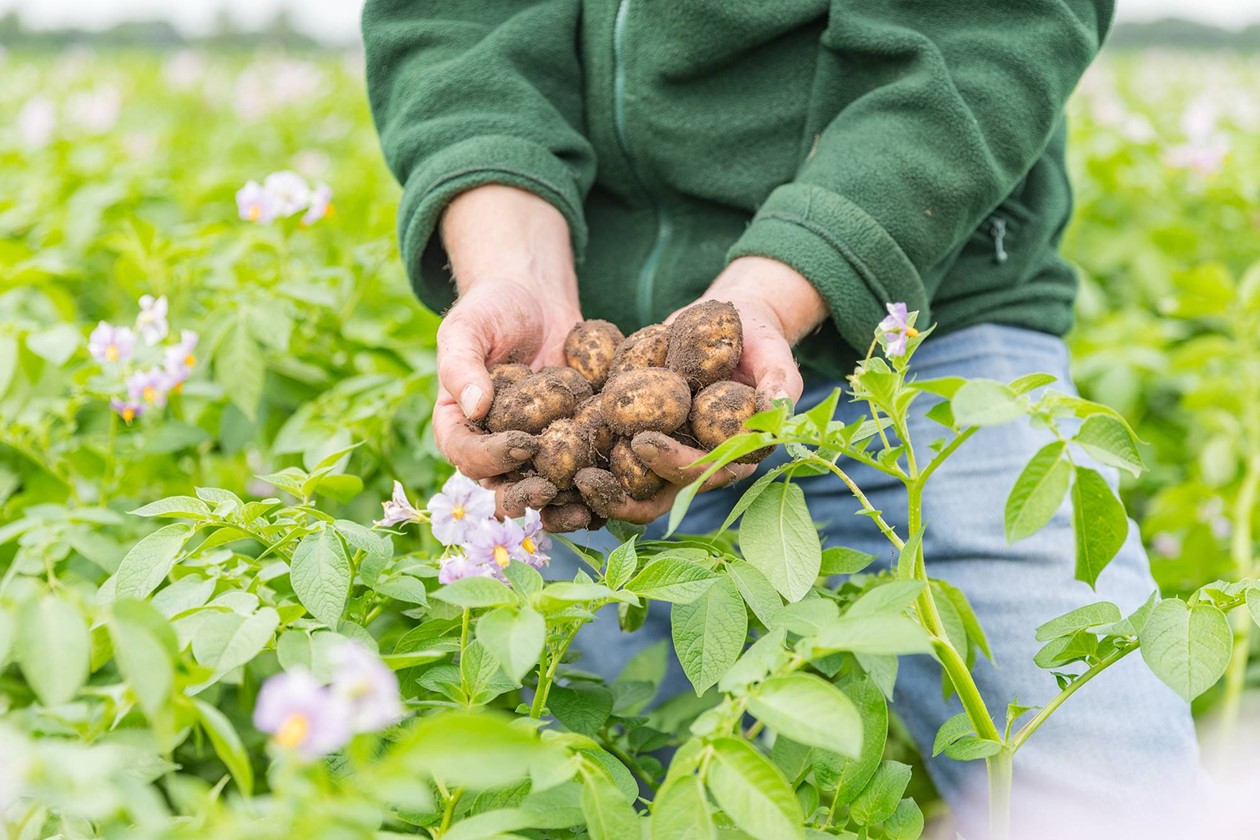
Royal Avebe
About
Company description
Royal Avebe is a market-oriented cooperative of starch potato growers. We take responsibility for the whole process, from
crop to shop. We are on top of trends, and our international experts help food producers
worldwide with the right application of our potato-based ingredients. From
plant-based burgers with the perfect texture and taste, to Asian noodles with
the perfect bite, to plant-based desserts that requires no cow, we strive to
eliminate allergies, e-numbers and unnatural additives.
Innovate and give customers what they desire with Avebe’s potato starch and protein products. Our ingredients encourage you to develop, reformulate and reduce costs as well as improve the taste, texture, stability, and convenience of your food products. Make it clear, shiny, soft, creamy, crisp, or light. Avebe delivers solutions that resonate with both manufacturers and consumers.
Want to know more? Visit our website www.avebe.com
Quick facts
| Sales markets | Africa; Asia; Australia; Central/South America; Eastern Europe; Middle East; North America; Western Europe |
|---|---|
| Primary business activity | Manufacturer: Ingredients / Additives |
| Affiliated categories: | Anti-allergens |Dairy |Dairy Replacement More |
Upcoming events
Fi Europe 2024
19 - 21 Nov 2024 Frankfurt, Germany Visit us at stand 3.1H30 Book a meeting See our Exhibitor Profile See full Exhibitor ListRecently at
Fi Europe
28 - 30 Nov 2023 Frankfurt, Germany We were at stand 3.0B242 See our Exhibitor Profile See full Exhibitor ListNews about Royal Avebe

9 Dec 2021
Avebe substantially increases potato-protein production for plant-based market
Royal Avebe, a Dutch cooperative of starch-potato growers invests € 66 million in its innovation and sustainability programme this year. Most of these investments are linked to the Solanic potato-protein capacity.
Read more21 Oct 2019
Plant-based foods and drinks spur new ingredient development
The growing popularity of plant-based foods and beverages has boosted innovation among ingredient suppliers to meet diverse manufacturer demands, from dairy-free cultures for flavour and food safety, to flavours and emulsifiers for improved taste and texture.
Read more16 Sep 2019
Suppliers respond to shifting demands for emulsifiers
The fat reduction trend has been a driving force behind expanding demand for emulsifiers in Europe, and demands continue to change, with an increased focus on natural, clean label and sustainable options.
Read more